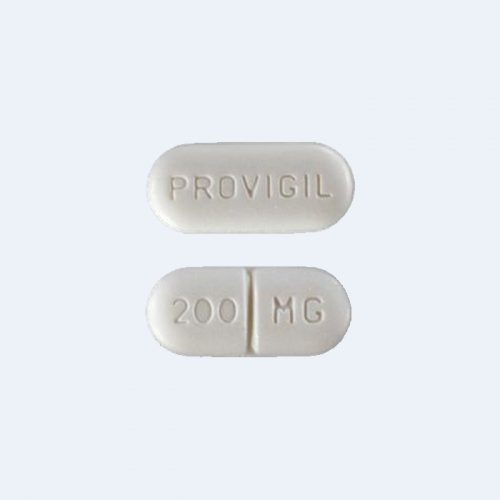Ambien

Cialis
November 17, 2016
Phentermine
November 17, 2016Why Doctors Prescribe Ambien to Patients
Ambien is a popular medication taken by people to treat certain sleep problems or insomnia. So, if you have difficulty falling asleep, its use will help you fall asleep faster, so that you’ll get better rest at night.
This medicine belongs to a group of meds called sedative hypnotics, and it works by affecting the human brain and forcing it to produce the necessary calming effect.
Ambien is prescribed only as a short-term treatment because it’s not advisable to take it for longer than a few weeks.
Basic Guidelines when Taking Ambien
This medication should be taken orally on an empty stomach, and it works quite fast, so patients need to take it just before their bedtime. They shouldn’t use this medicine with food or after eating because it won’t work as fast.
Besides, people shouldn’t take Ambien if they don’t plan to sleep for 7-8 hours because they risk ending up with memory loss and other problems, especially when it comes to activities that require their full attention.
Their correct dose is always determined based on their medical condition, age, gender and other important factors. It’s not allowed to take more than 10 mg a day, and women are often prescribed lower doses, because this medication is removed slowly from their bodies.
Ambien may lead to specific withdrawal reactions, especially when it’s taken for a long time and in high doses.
The most common withdrawal symptoms include nervousness, stomach cramps, nausea, flushing, vomiting, shakiness and others.
To avoid them, it’s necessary to reduce your regular dose gradually. Another warning is that this medicine may result in addiction, and this risk is increased in patients who have a history of drug or alcohol abuse.
Unwanted Side Effects
Some patients may end up with adverse effects when taking Ambien, including:
- Feeling sleepy during the day;
- Dizziness;
- Daytime drowsiness;
- Mood, mental, and behavior changes;
- Memory loss;
- Sleepwalking;
The risk of having unwanted symptoms is increased if patients drink alcohol or take other meds that can make them drowsy when using Ambien. Sometimes, they may develop different allergic reactions characterized by such signs as dizziness, rash, swelling, itching and so on.
Other Precautions to Be Considered
Before people start taking Ambien, they need to inform their healthcare providers about allergic reactions and such health conditions as mental and mood problems, liver and kidney conditions, family or personal history of alcohol and drug abuse, sleepwalking, muscle diseases, breathing and lung issues, etc.
They also need to avoid drinking alcohol and be careful when performing any activity that requires full alertness.
Finally, patients need to do their best to avoid dangerous drug interactions. This means that the intake of Ambien shouldn’t be combined with such meds as azole antifungals, muscle relaxants, narcotic pain killers, alcohol, other pills for anxiety or sleep and others.





